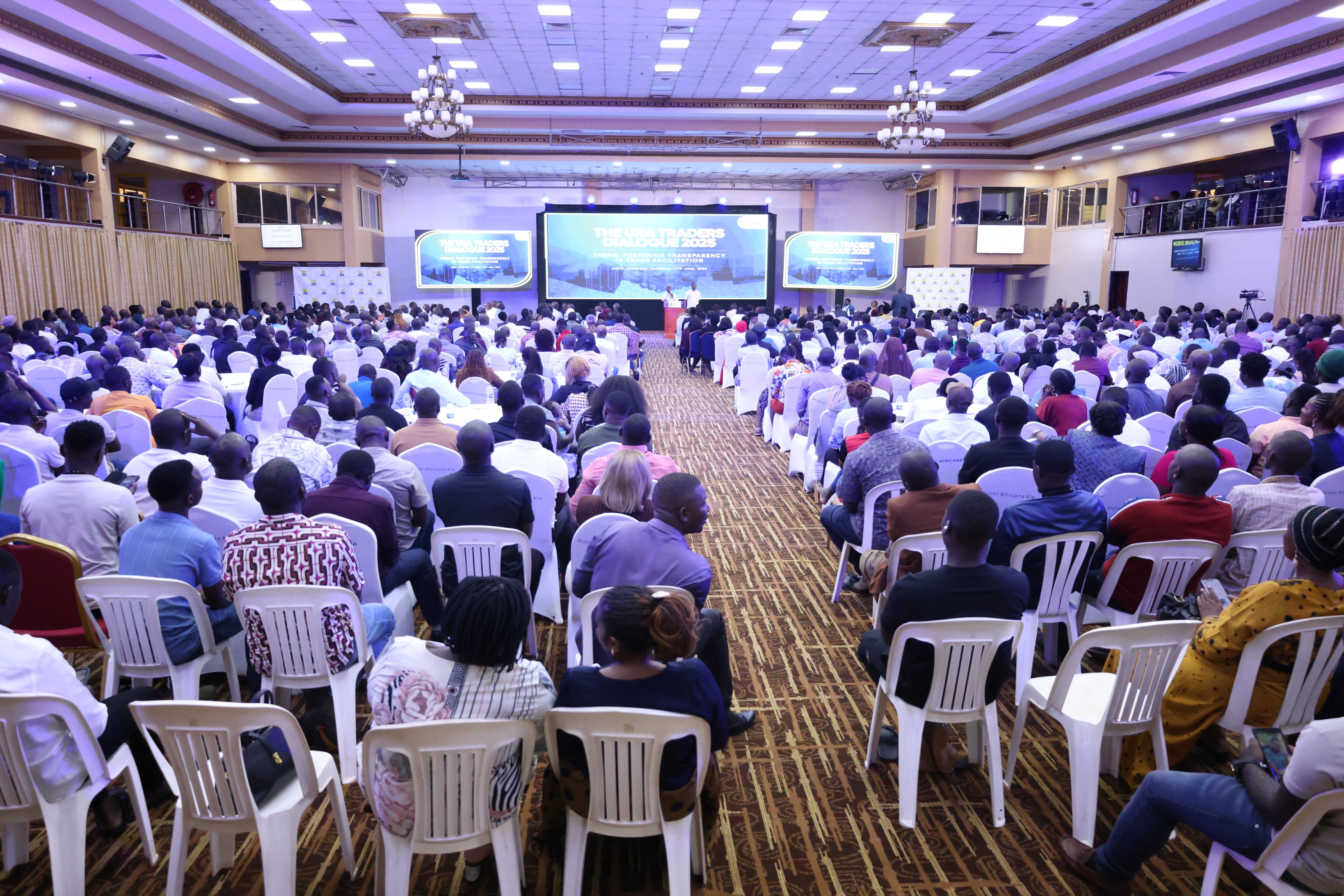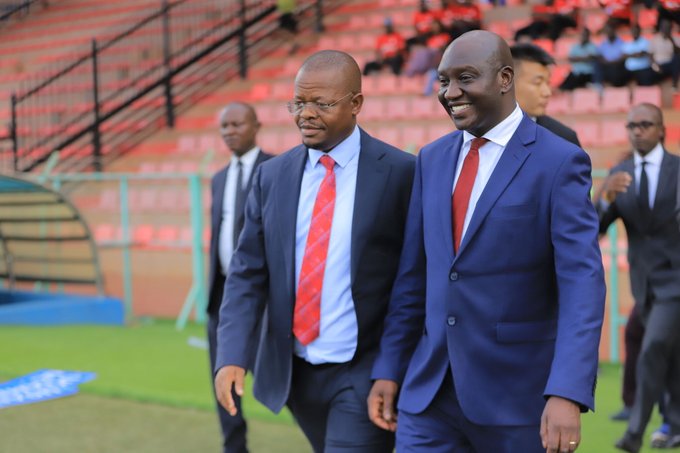URA and Traders meet to streamline customs processes and tackle corruption in groupage cargo clearance
The workshop underscored URA's commitment to open communication and collaborative problem-solving within the trade sector.

The Uganda Revenue Authority (URA), under the leadership of Commissioner General John R. Musinguzi, convened a crucial dialogue with traders at Hotel Africana in Kampala on Tuesday, June 17th, 2025, aimed at fostering transparency and resolving persistent challenges in customs processes, particularly those related to groupage cargo clearance.
The URA – Trader Dialogue, themed “Fostering Transparency in Trade Facilitation,” drew a significant number of participants, including traders, container owners, logistics companies, and consolidators involved in groupage cargo. The workshop underscored URA’s commitment to open communication and collaborative problem-solving within the trade sector.
Dr. Thaddeus Musoke Nagenda, Chairman of the Kampala City Traders Association (KACITA), highlighted the urgency of the meeting, stating, “Today traders have come in large numbers because their shops are empty, they have failed to clear their goods at Customs. We therefore called for this session to discuss the matter of groupage cargo, address the challenge and ensure that business continues.”
Commissioner General Musinguzi acknowledged the long-standing issues plaguing the clearance of groupage cargo. He emphasized the URA’s dedication to finding lasting solutions. “We are here to discuss how to facilitate trade because if businesses are not thriving then we cannot collect revenue. We need one another,” Musinguzi stated, underscoring the symbiotic relationship between the revenue authority and the trading community.
A key focus of the dialogue was combating corruption within the customs process. Musinguzi issued a stern warning against corrupt practices, vowing zero tolerance for URA officers involved in any form of impropriety, especially those related to groupage cargo.
“No revenue officer will stay at URA when they’re involved in any form of corruption relating to groupage cargo or any other form of corruption. Many have left and more will if they take part in this vice. On the side of unscrupulous clearing agents their licenses shall be revoked and possible jail time for misleading both the taxpayer and taxman,” he asserted.
Musinguzi also addressed the issue of under-declaration of imports by traders, labeling it unfair to both the government and honest taxpayers. He raised the possibility of traders opting for self-clearance, suggesting that the challenges presented by some container leaders might outweigh their benefits. “So when we weigh the advantages that container leaders bring to the table versus the challenges, one might consider self clearance as a better option,” Musinguzi said.
The Ag. Commissioner for Customs Department, Hajj. Asadu Kigozi Kisitu, expressed gratitude to the traders for their participation and emphasized the legal foundation of tax matters. He noted that annual deliberations with the government and parliament lead to necessary amendments in the tax arena.
Kisitu addressed concerns regarding the recent increase in import duty on T-shirts, explaining that the government’s policy of import substitution led to the implementation of a higher tax rate (3.5 per kilo or 35%, whichever is higher) to support the growth of local textile companies.
He also acknowledged issues of transparency within the URA’s own ranks and called for collective integrity. “We admit that even some of our Customs officers are not as transparent. Similarly, some of the traders are just as unscrupulous which is a big issue in terms of declaration of goods to the Taxman. These corruption tendencies slow down the clearance processes. so we urge everyone in the business to uphold integrity if we’re to both facilitate trade in our sector,” Kisitu stated.
The dialogue concluded with a strong message that the era of relying on container leaders may be nearing its end, hinting at a potential shift towards more transparent and efficient customs clearance processes. The URA and traders left the meeting with a renewed commitment to collaboration and a shared goal of fostering a more transparent and efficient trade environment in Uganda.







